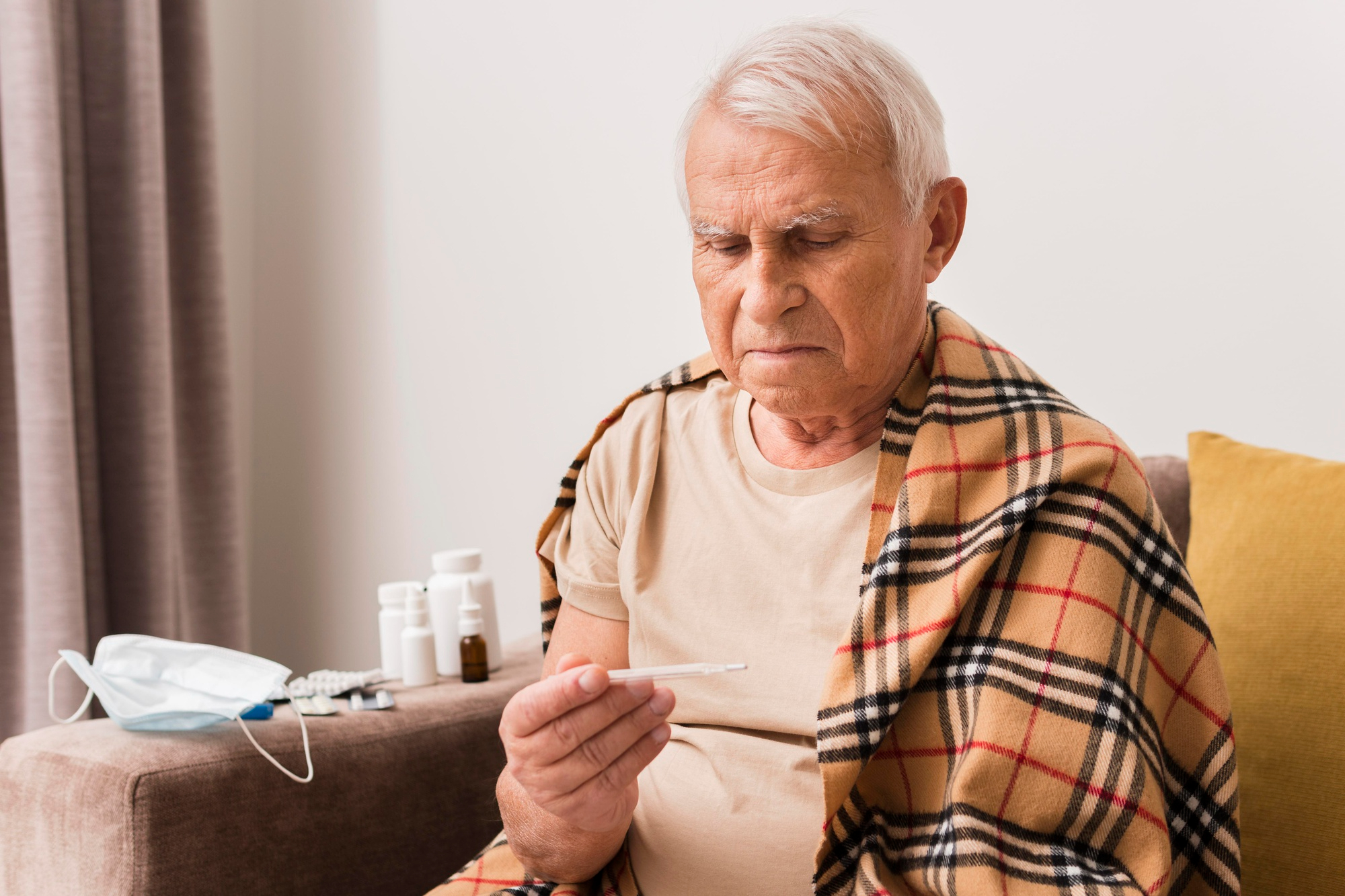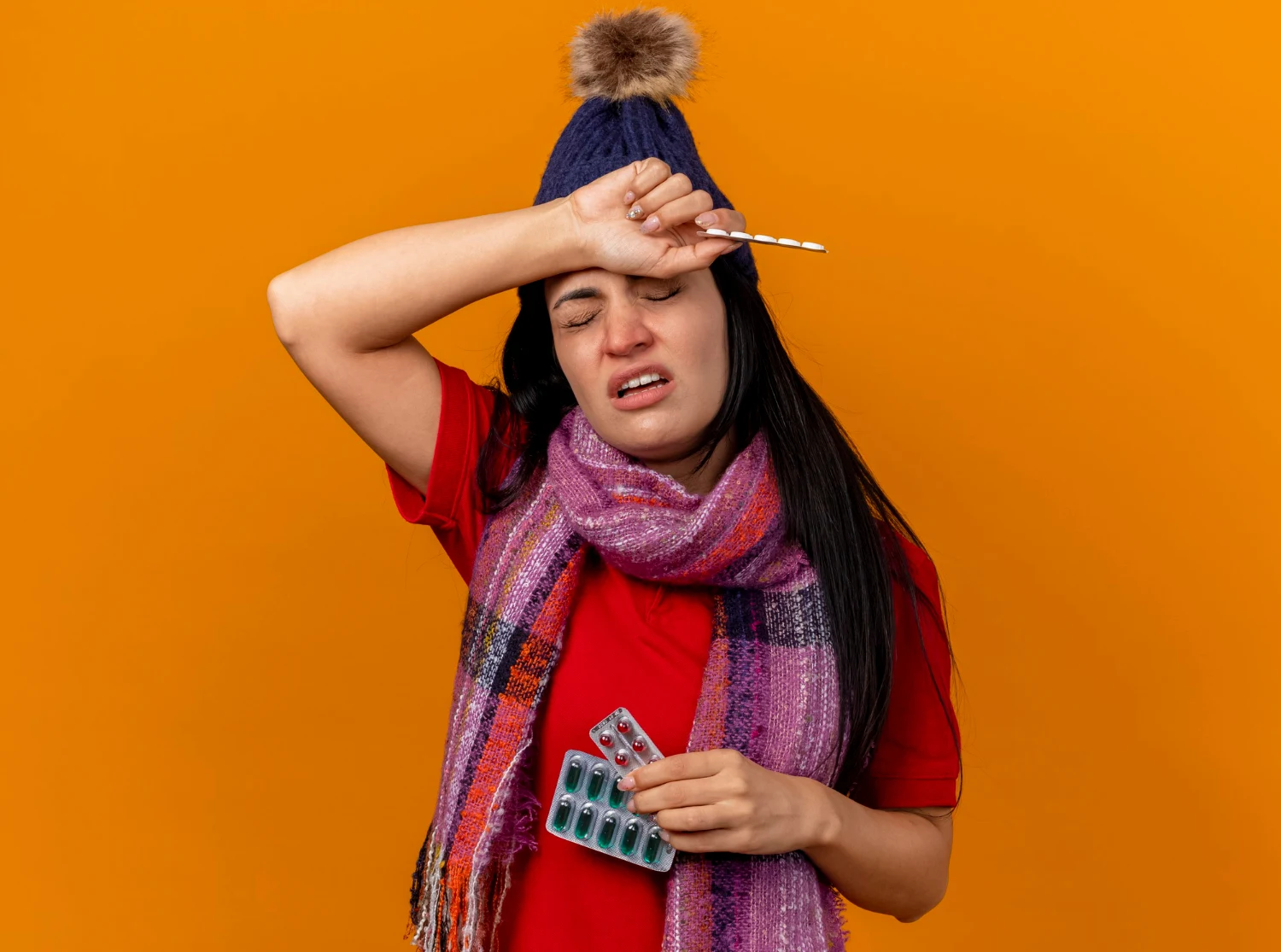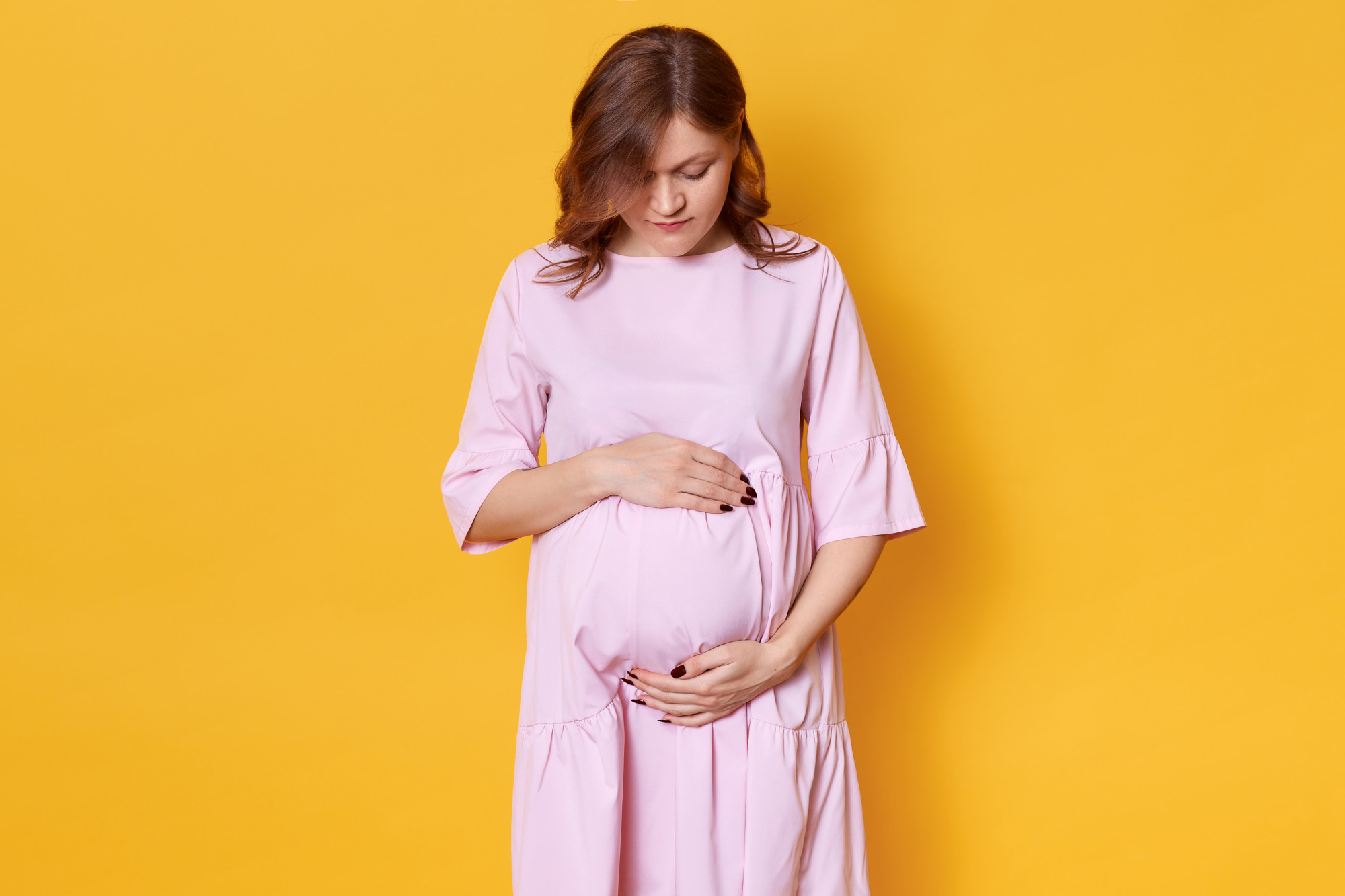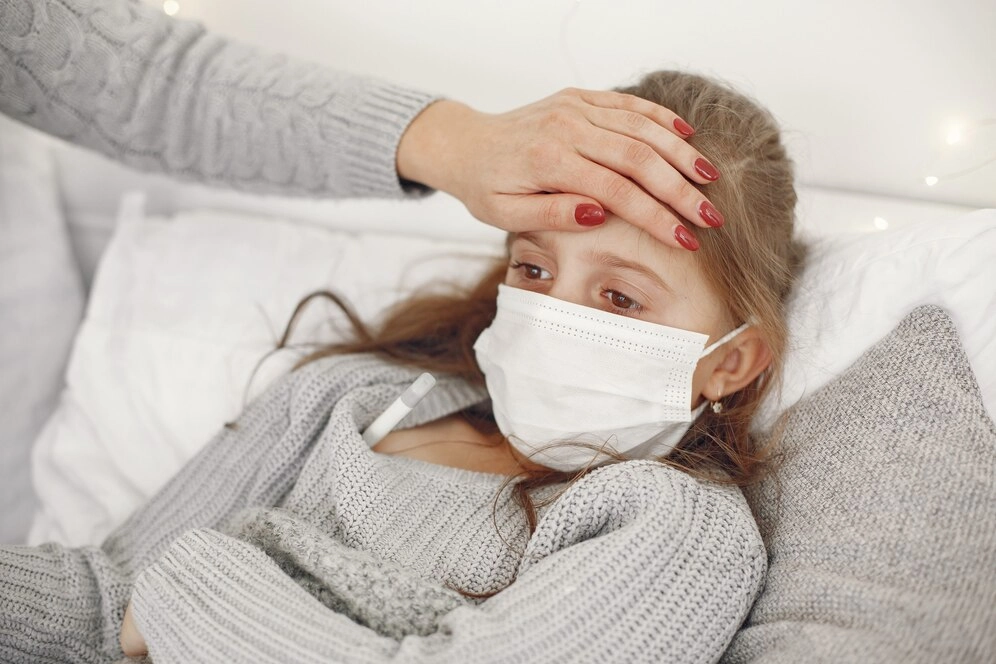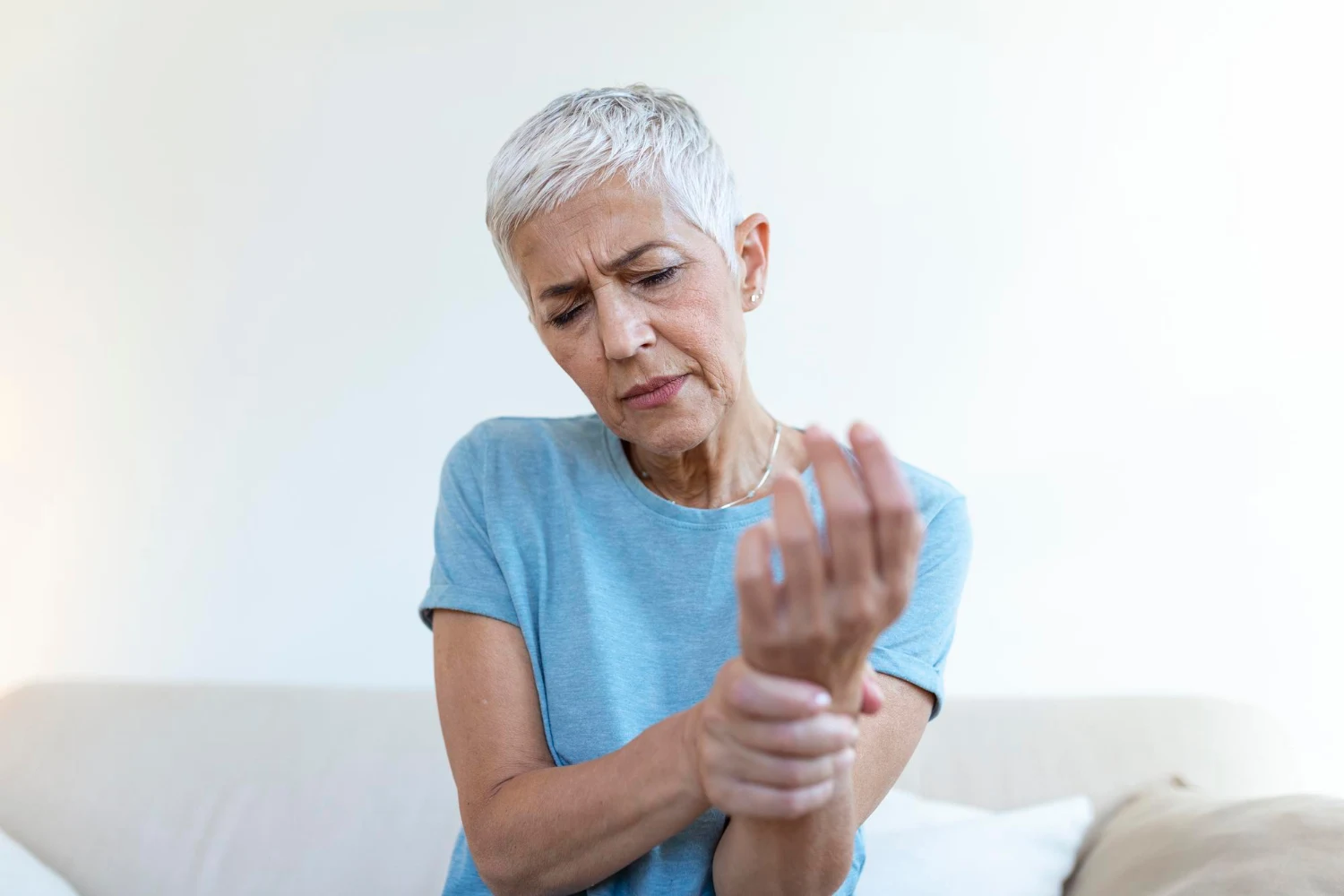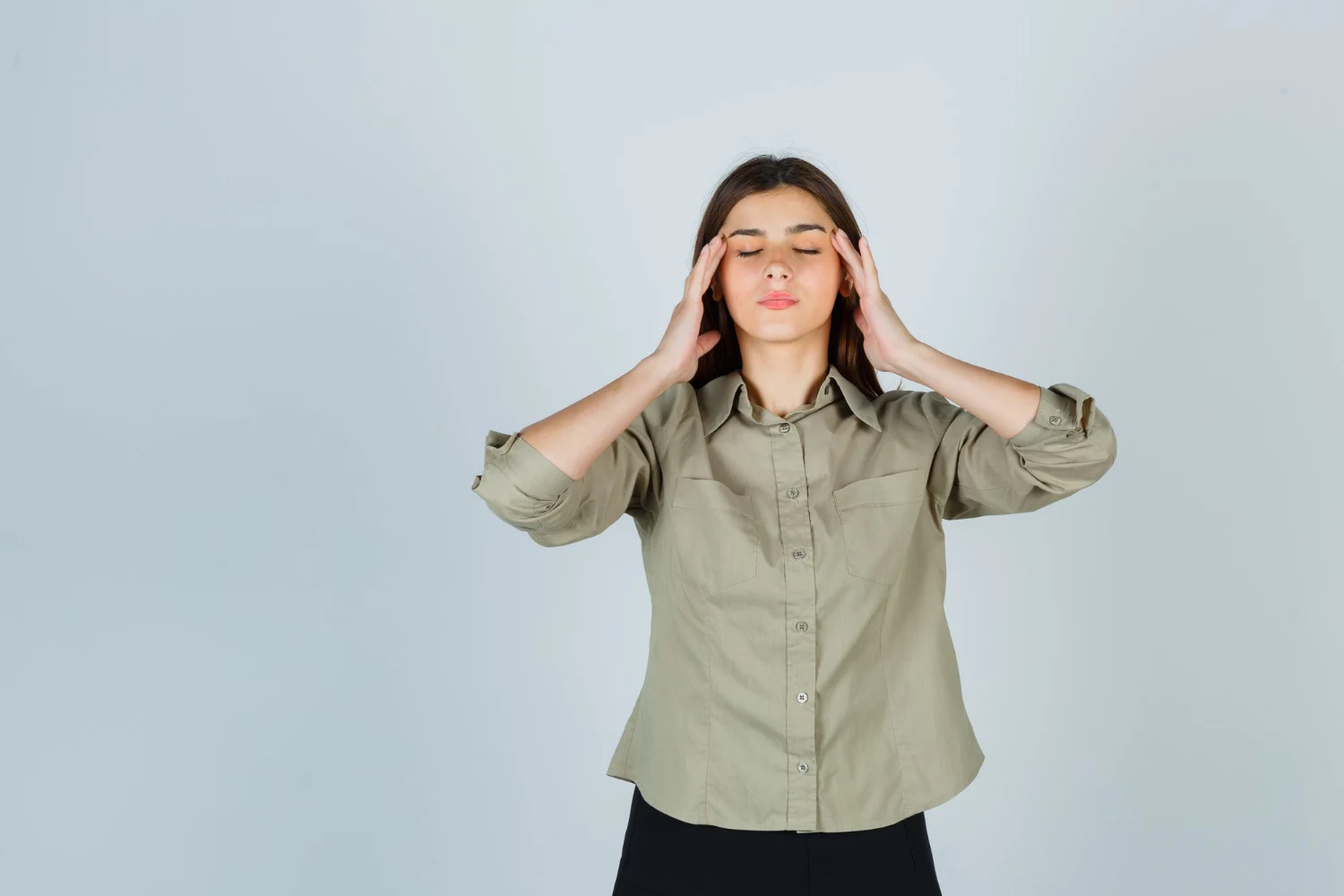Is It Risky For Elderly People To Go Outside In Rain?
Category: General medicine
The rainy season brings a refreshing change after the scorching summer, but it is not without challenges especially for elderly people. While the cool air and greenery may look inviting, the season also brings health risks and mobility concerns. Slippery roads, increased infection risks, and fluctuating temperatures make outdoor trips tricky for senior citizens. By understanding these risks, families can take timely precautions to keep their elderly loved ones safe while still allowing them to enjoy the season in a secure way.
Why the Rainy Season is Risky for the Elderly
Elderly people often have reduced immunity, making them more vulnerable to infections during the rainy season. Continuous rains, damp conditions, and sudden weather changes can easily trigger health issues like cold, flu, or respiratory discomfort. Mobility becomes another concern, as wet and uneven surfaces increase the risk of slips and falls. Unlike younger people, seniors may take longer to recover from such injuries. Even a small outing whether it’s for a walk, temple visit, or a market trip can be risky if proper safety measures are not in place.
Common Health Problems in the Rainy Season
The rainy season brings a rise in certain health problems that can affect older adults more severely. Respiratory illnesses like asthma, bronchitis, and seasonal flu often worsen due to humid air and sudden temperature drops. Joint problems such as arthritis tend to flare up, with stiffness, swelling, and pain becoming more common. Waterborne diseases like jaundice, typhoid, and diarrhoea can spread due to contaminated food and water. Fungal infections on the skin and feet also become common due to prolonged dampness. These health issues make it essential for elderly people to stay cautious during this season.
Safety Tips for the Elderly During the Rainy Season
Going outside during the rainy season is not entirely unsafe for elderly people if proper precautions are followed. They should wear sturdy, non-slip footwear to prevent falls and use a strong umbrella or raincoat for protection. It’s best to avoid going out during heavy rainfall or to waterlogged areas where the risk of accidents is higher. If they must step out, it should preferably be during daylight hours when visibility is better. Carrying essential medications, staying warm after returning home, and keeping clothing dry are all small steps that make a big difference in staying healthy.
How Family Members Can Help
Family support is crucial for elderly safety during the rainy season. Accompanying them when they step out, arranging safe transportation, and checking weather conditions beforehand can prevent unnecessary risks. Encouraging indoor hobbies such as reading, light indoor exercises, or creative activities can keep them engaged without exposing them to unsafe conditions. In case of medical needs or health concerns, consulting a trusted healthcare provider like Lokmanya Hospitals ensures that elderly family members receive expert care and guidance tailored to their age and health condition.
Conclusion
The rainy season is a time of beauty and renewal, but for elderly people, it can bring increased health and safety challenges. With the right precautions, support from family members, and timely medical attention, senior citizens can enjoy this season safely. Simple steps like avoiding unnecessary travel, wearing safe footwear, and staying protected from infections can go a long way in preventing health complications. Safety should always be the first priority, ensuring our elderly loved ones remain healthy and happy throughout the monsoon.
FAQs
1. Is it safe for elderly people to go out during light rain?
It can be safe if proper precautions are taken, such as wearing non-slip footwear and using rain protection.
However, they should avoid crowded or slippery areas. Family assistance is always recommended for safety.
2. What are the most common illnesses in the rainy season for elders?
Common illnesses include cold, cough, flu, respiratory infections, and waterborne diseases like diarrhoea and jaundice. Arthritis pain also tends to increase due to the humidity. These conditions can be serious if left untreated.
3. Should elderly people avoid crowded places during rains?
Yes, crowded places increase the risk of viral and bacterial infections. Limited mobility also makes it harder for them to navigate safely in such areas. Staying in well-ventilated, less crowded spaces is advisable.
4. Can rainwater cause skin problems in older adults?
Yes, exposure to rainwater combined with damp clothing can cause fungal and bacterial infections. Seniors should change into dry clothes quickly after getting wet. Proper skin care is important during this season.
5. How can families protect elderly people from falls in the rainy season?
Families can ensure that the elderly wear good quality non-slip footwear and avoid slippery surfaces. Accompanying them during outdoor trips and ensuring safe transportation also reduces risks.
6. Should elderly people carry medicines when stepping out?
Yes, especially if they have chronic conditions like diabetes, hypertension, or heart problems. Carrying necessary medicines ensures they are prepared in case of an emergency while outside.
7. How does the rainy season affect arthritis in elderly people?
Humidity can worsen joint stiffness, pain, and swelling. Gentle exercises, warm compresses, and medical advice from a doctor can help manage discomfort. Avoiding prolonged exposure to dampness is also important.
8. What should elderly people eat during the rainy season?
Elderly people should eat freshly cooked, warm, and light meals. Avoiding raw or street food reduces the risk of stomach infections. Staying hydrated is also important even when the weather is cool.
9. Is it okay for elderly people to travel in the rainy season?
Travel is best avoided unless necessary. If travel cannot be postponed, it should be planned with proper arrangements such as safe transport, dry clothing, and medicines.
10. When should elderly people see a doctor during the rainy season?
They should see a doctor if they have persistent fever, difficulty breathing, severe joint pain, or digestive issues. Early medical intervention can prevent complications.

